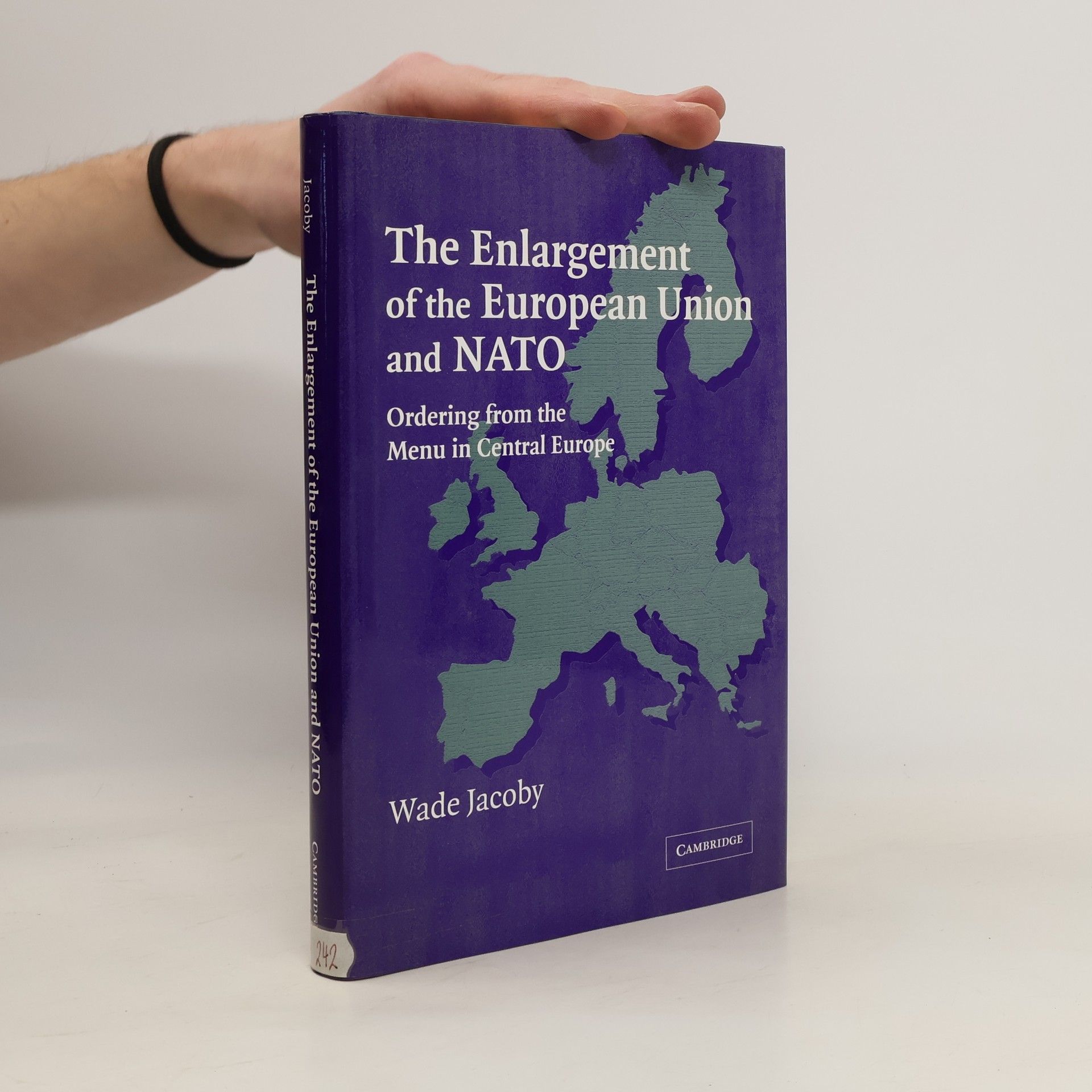The enlargement of the European Union and NATO : ordering from the menu in Central Europe
- 300pages
- 11 heures de lecture
In 2004 the European Union and NATO each added ten new member states, most from the post-communist countries of Eastern and Central Europe. In order to prepare for membership, these countries had to make many thousands of institutional and legal adjustments. Indeed, they often tried to modernize in just a few years, implementing practices that evolved over many decades in Western Europe. This book emphasizes the way that policy elites in Central and Eastern Europe often 'ordered from the menu' of established Western practices. When did this emulation of Western practices succeed and when did it result in a fiasco? Professor Jacoby examines empirical cases in agriculture, regional policy, consumer protection, health care, civilian control of the military, and military professionalism from Hungary, the Czech Republic, Poland, Bulgaria, and the Ukraine. The book addresses debates in institutionalist theory, including conditionality, Europeanization, and external influences on democratic and market transitions.
